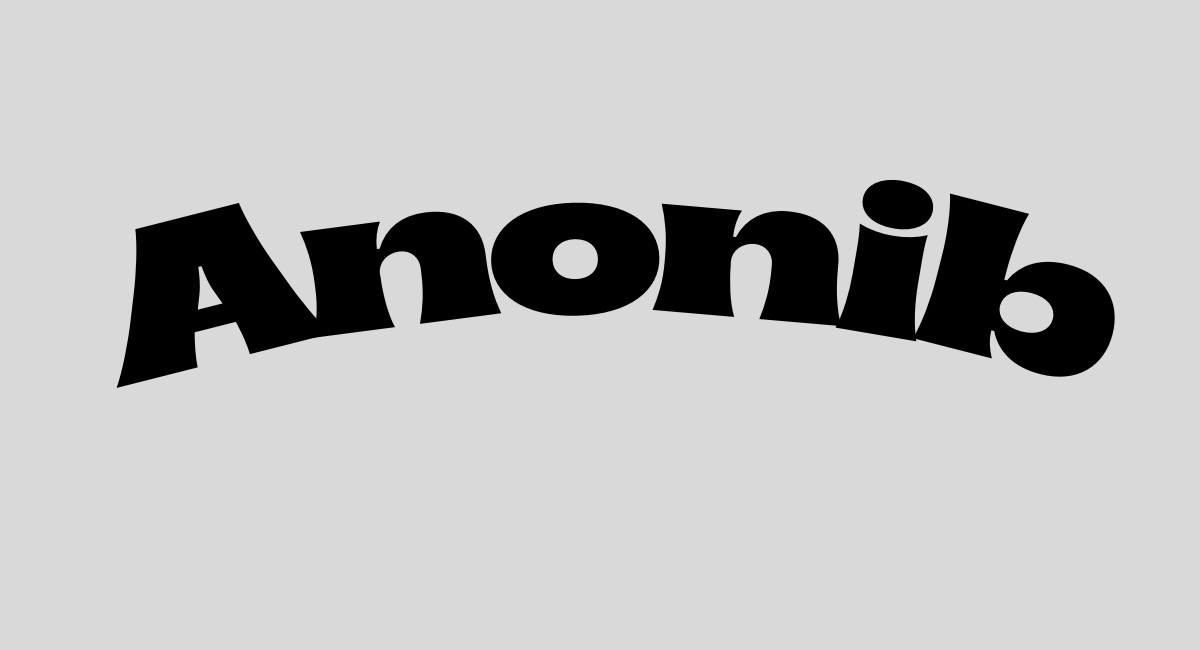The internet is full of platforms—some bring people together, while others raise eyebrows. One such name that’s been floating around is Anonib. If you’ve stumbled upon the term or heard someone whisper it in an online forum, you might be wondering: What exactly is Anonib? Why is it controversial? Should you be concerned? This article breaks it all down using plain language and a conversational tone. No fluff, no jargon—just real talk about what Anonib is and why you should care.
What is Anonib?
Anonib was (and sometimes still is) a controversial online image board that allowed users to post and share photos anonymously. Unlike platforms like Reddit or Facebook that require profiles and usernames, Anonib had no strings attached.
It was similar to an unguarded diary left open in the middle of a party—everyone could read it, write in it, and no one had to sign their name. While that level of anonymity attracted users, it also opened the door to some serious issues.
The Rise and Fall of Anonib
Anonib’s roots go back to the early 2000s when anonymous imageboards like 4chan were taking the internet by storm. It started as a niche corner of the web, but quickly spiraled into a free-for-all. At first, users posted harmless content—memes, jokes, random stories. But as it grew, so did the dark side. People started sharing explicit photos, often without consent. Eventually, legal complaints and media investigations caught up with the site.
Anonib was taken down multiple times. But like a digital hydra, versions of it kept popping back up under new URLs.
How Did Anonib Gain Popularity?
Let’s be real—people are curious creatures. The appeal of snooping anonymously or sharing gossip without consequences is powerful. Anonib’s rise was driven by:
-
No registration needed
-
Regional boards (like “Texas” or “New York”) made it feel local
-
Curiosity and the thrill of peeking behind a curtain
Think of it as a digital whispering wall where anyone could say anything—anonymously.
The Anonymous Appeal: Why It Drew So Many
Imagine a mask party where no one knows who you are. That’s essentially what Anonib offered—freedom without accountability. Some users enjoyed the no-filter environment to vent or express taboo opinions. Others used it for more dangerous reasons, like revenge posts or leaking private information. While anonymity can be freeing, it can also be misused, which is exactly what happened here.
Is Anonib Still Active Today?
Officially? Many of the original Anonib sites are no longer active. However, clone sites and mirrors still exist and pop up under different domains. If you search hard enough, you may stumble across a live version. But be warned—it’s often filled with shady ads, malware, or worse.
Content Types Found on Anonib
At first glance, Anonib looked like a typical image board. But dig deeper and you’d find:
-
Regional gossip threads
-
Explicit photos
-
Leaked private content
-
Requests for more “info” or content on specific individuals
That last one? Major red flag. Many posts were clear violations of privacy and in some cases, of the law.
The Dark Side: Controversies and Legal Trouble
Anonib didn’t just flirt with the line between right and wrong—it often stomped over it. Here’s why:
-
Non-consensual images: Many photos were uploaded without the subject’s permission.
-
Doxxing: Some threads revealed real names, schools, or phone numbers.
-
Cyberbullying: People used the platform to harass others without consequence.
Multiple legal investigations eventually led to shutdowns and arrests. And yes, some users faced real-world consequences.
Law Enforcement and Anonib
Authorities around the world, including the FBI and cybercrime units, began paying close attention to platforms like Anonib. In some high-profile cases, users who shared illegal content were traced—even without usernames.
Lesson? Anonymity on the internet is not bulletproof.
If someone violates laws online, especially involving minors or private data, digital footprints can and often do lead investigators right to their doorstep.
How Safe Is Anonib?
Short answer: Not safe at all.
Here’s why:
-
High risk of malware and spyware
-
Explicit or illegal content
-
No real moderation
-
Risk of being monitored by authorities
Visiting or participating in Anonib-like sites puts your personal safety and device security at risk. It’s like walking into a room full of traps—you don’t know what’ll get you.
The Impact on Individuals and Communities
For many victims, having their images or names exposed online was traumatic. It affected:
-
Mental health
-
Reputation
-
Employment opportunities
-
Personal safety
Communities also suffered. Schools, local groups, and families found themselves dealing with the fallout of “digital shaming.”
Alternatives to Anonib
Not all anonymous platforms are toxic. Some are made for good reasons, like support groups or creative storytelling. Here are a few safer alternatives:
-
Reddit (with moderation)
-
Whisper
-
Yik Yak (revived version)
-
AnonAddy (for safe email anonymity)
Always look for platforms that value user safety, moderation, and clear content rules.
Digital Privacy and You
In today’s world, your data is gold. So how can you protect yourself?
-
Avoid shady websites
-
Use a VPN
-
Don’t share private images online
-
Report suspicious behavior
Remember: once something is online, it’s almost impossible to fully erase it.
How to Report Inappropriate Content Online
If you ever find content that seems illegal or violates someone’s privacy, here’s what you can do:
-
Report it to the website admin
-
Use platforms like CyberTipline (USA)
-
Contact local authorities
-
Save evidence (screenshots, links)
Silence helps abusers thrive. Speaking up makes a difference.
Why Parents Should Be Aware
If you’re a parent, you might think, “This won’t affect my kid.” Think again.
Anonib boards often targeted teens, sometimes by school name or region. Here’s how to stay ahead:
-
Have open conversations about internet safety
-
Monitor digital behavior (with respect)
-
Use parental control tools
-
Encourage your child to speak up about online bullying
Digital safety starts at home.
Conclusion: Staying Safe in a Digital World
The internet is like the Wild West—full of opportunity and danger. Anonib was a perfect example of what happens when anonymity is left unchecked. While it offered some users a way to express themselves, it also hurt countless others.
The best defense? Awareness.
By staying informed, teaching others, and using the web responsibly, we can make the digital world a safer place for everyone.
FAQs
1. Is Anonib legal to use?
Not exactly. While browsing might not break the law, posting non-consensual content or explicit images, especially involving minors, is absolutely illegal.
2. Can you be tracked on Anonib?
Yes. Authorities have tracked down users before. Anonymity online isn’t foolproof—IP addresses, cookies, and other clues can expose identities.
3. What should I do if my photo ends up on Anonib?
Take screenshots, report it immediately, and contact legal authorities. There are cybercrime units that specialize in handling such cases.
4. Are there safe anonymous platforms online?
Yes, platforms like Reddit or Whisper can be used safely, especially when moderation and community rules are strong.
5. Why do people still visit Anonib-style sites?
Some are driven by curiosity, others by the allure of anonymity. Unfortunately, some visit for malicious reasons. Education and awareness can help curb this.

